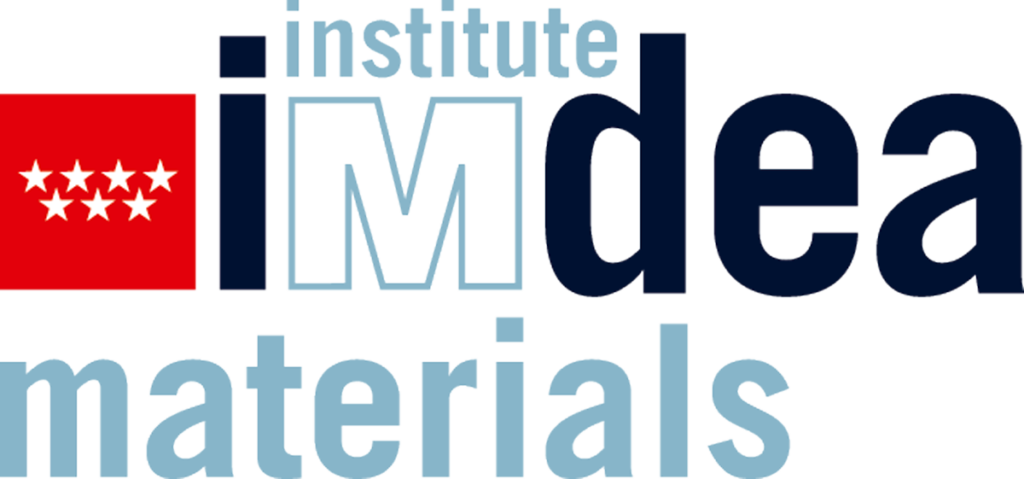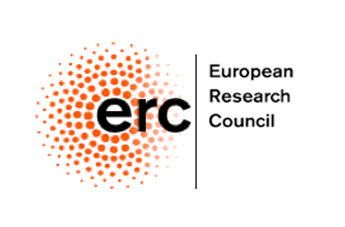Project details
Funding: ERC-2022-POC1. HORIZON ERC Proof of Concept Grants. European Research Council Executive Agency (ERCEA)
Project coordinator: IMDEA Materials.
Project period: 01/09/2022 – 31/08/2027
IMDEA Materials' researchers
Dr. Juan José Vilatela
Abstract
It is estimated that Europe needs an installed capacity for lithium-ion battery production of 300 GWh/year by 2030. By then, the battery market for electric vehicles alone will be worth $116 billion annually. Amongst many technical challenges in this transition is to develop cost-effective and environmentally sustainable processes methods to manufacture high silicon (Si) content anodes for the next generation LIBs (3b and 4a). Si is more abundant than graphite and can enable higher power batteries with thinner electrodes as well as extending the range of EVs by increasing energy density of the next generation of LIB cells by over 50%.
ELECTROFLOAT proposes a new method to produce high capacity lithium ion battery anodes made of nanostructured silicon fabrics with up to 100 w.t% Si content, which eliminates all solvents, polymers and mixing steps from anode manufacture.
This project comprises a set of selected R&D activities in key areas to reach TRL7 and start pilot-plant scale up, focused on
- De-risking the manufacturing process
- Application of strategies to mitigate capacity fading and increase electrochemical performance under application operational conditions
- Designing scale-up roadmap to 1GWh/a and carrying out a techno-economic analysis to determine projected manufacturing costs and establish an adequate validation-driven scale-up strategy.
Non-technical activities will be conducted by an Industrialisation Development Team consisting of the PI, two external industrialisation advisors, IMDEA’s Technology Transfer officer, and the CEO of Floatech, the newly created spin-off company pursuing commercialization of this technology.
Partners

Funded by

Funded by the European Union under Grant Agreement 101069349. Views and opinions expressed are however those of the author(s) only and do not necessarily reflect those of the European Union. Neither the European Union nor the granting authority can be held responsible for them.
